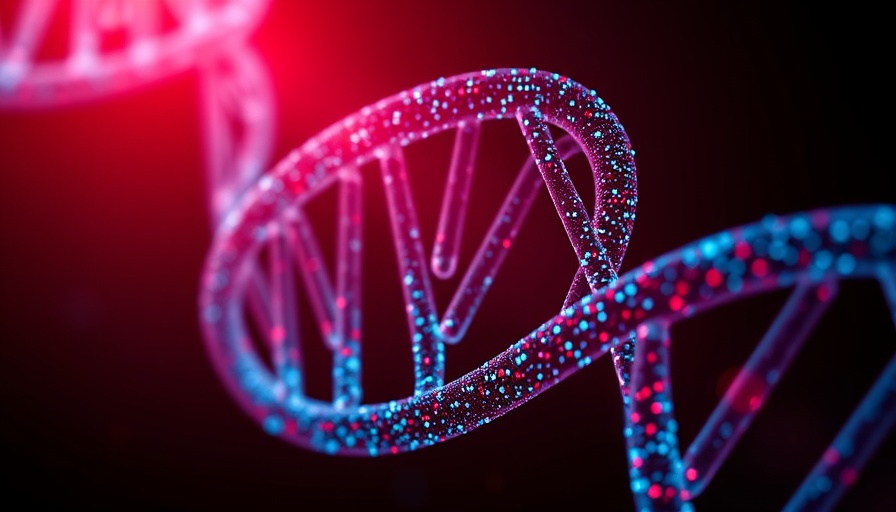
Could AI Revolutionize Scientific Research?
The emergence of AI technologies promises to transform many industries, and science is no exception. FutureHouse, a nonprofit initiative supported by tech luminary Eric Schmidt, has recently announced the introduction of its AI tools aimed at enhancing scientific discovery. Within a competitive landscape, several startups and tech giants are investing heavily in developing their own AI research tools. But the question remains: can these systems genuinely accelerate the scientific process, or will they merely serve as well-funded experiments?
Inside FutureHouse’s Innovative AI Tools
On May 1, 2025, FutureHouse launched its first major product suite consisting of four distinct AI tools: Crow, Falcon, Owl, and Phoenix. Each tool appears designed to assist scientists in various stages of their research. Crow allows users to search through scientific literature while providing relevant answers; Falcon conducts more in-depth literature searches, tapping into scientific databases; Owl is geared toward finding historical work on particular subjects; and Phoenix aids in the planning stages of chemistry experiments. Together, these tools are meant to establish FutureHouse's claim of being a pioneer on the path toward an AI scientist capable of facilitating groundbreaking research.
The Current Landscape of AI in Science
Interestingly, while many researchers are optimistic about AI's potential, there remains a noteworthy skepticism regarding its efficacy. For instance, companies like Google have previously launched their versions of AI co-scientists, claiming they can refine hypotheses and streamline experimental designs. However, the view among researchers is mixed; many acknowledge that current AI systems have yet to significantly contribute to genuine scientific breakthroughs.
The Limitations of AI as a Research Assistant
One of the persistent challenges with deploying AI in scientific research lies in its reliability. While AI systems can quickly analyze large data sets and identify trends, they often struggle in domains that require innovative problem-solving. Prominent figures in AI, such as the CEOs of OpenAI and Anthropic, have argued that AI's capabilities could enhance research particularly in fields like medicine. However, their enthusiasm is tempered by the understanding that AI's role will still depend significantly on human oversight for the interpretive phases of scientific inquiry.
Lessons from Previous Efforts in AI Development
The historical performance of AI systems in the scientific domain has generally been underwhelming, prompting researchers to proceed cautiously. Prior instances of AI applications in science have often failed to produce reliable or actionable insights. For example, Google’s AI tools from 2023 did not yield the expected advancements in scientific understanding, leading to debates about the limitations of current technology.
The Future of AI in Scientific Discovery
Looking ahead, FutureHouse and similar initiatives embrace a vision of AI as an essential partner in the research process. They posit that, when strategically deployed, AI can handle repetitive tasks that drain human resources, allowing scientists to focus on creative problem-solving. However, this optimistic outlook hinges on continued investments in robust AI training, data quality, and refined algorithms.
Experts Weigh In: Perspectives on AI’s Role in Science
Perspectives regarding AI's role in accelerating scientific work vary widely among experts. Some critics argue that AI should complement, not replace, traditional methodologies, emphasizing that much of the scientific discovery process relies on human instinct and intuition. Others advocate for a broader embrace of AI capabilities, suggesting that future innovations may surprise skeptics and lead to significant advancements.
Final Thoughts on Science and Technology's Intersection
As FutureHouse charts its course in the realm of AI tools aimed at scientific research, it opens a broader dialogue about the implications of technology on ways we understand the universe. Although groundbreaking discoveries may be a few years away, the persistent grind of research—augmented by intelligent systems—could benefit significantly from these innovations.
In this landscape of vibrant experimentation, it’s exciting to ponder: will FutureHouse and its AI tools culminate in transformational advances in scientific fields? Time will tell if these technologies will disrupt traditional methods and lead to genuine scientific revolutions.
In the meantime, staying informed about technology news and its developments will help you grasp the evolving relationship between science and tech.
 Add Row
Add Row  Add
Add 



Write A Comment